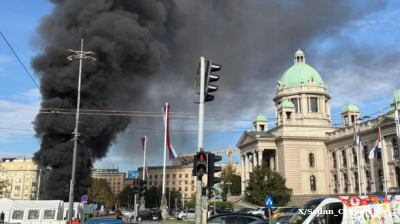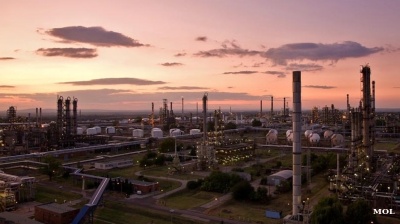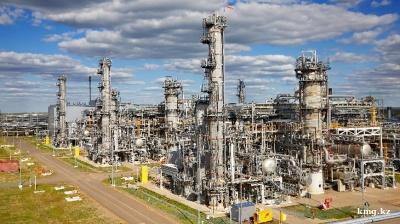Austrian polyolefins and fertilizers producer Borealis has scrapped plans to build a multi-billion-dollar polyethylene (PE) facility in Kazakhstan’s Atyrau Region, citing economic uncertainties sparked by the coronavirus (COVID-19) pandemic.
The decision not to go ahead with the 1.25mn tonne/yr installation, announced on May 19, is another blow to energy export dependent Kazakhstan, already struggling with the collapse in hydrocarbon prices. Petrochemical projects that could produce value-added products from the Central Asian nation’s vast gas and oil resources are seen as offering the country potential to diversify away from over-reliance on the export of raw commodities.
The project was drawn up as a 50:50 joint venture with Kazakh state-owned United Chemical Company (UCC). Borealis first announced the project in 2018. The facility was to include a cracker that would process cheaply sourced Kazakh ethane gas feedstock and two PE units that would function with Borealis’ proprietary Borstar technology.
“Thorough assessment”
“The decision to discontinue this project is based on a thorough assessment of all aspects of the prospective venture and impacted by the effects of the COVID-19 [coronavirus disease 2019] pandemic as well as the increased uncertainty of future market assumptions,” Borealis said.
UCC had estimated the total investment figure for the petrochemical project would be $6.8bn.
At the same time that it signed the agreement for the PE facility, Borealis, in 2018, also inked a memorandum of understanding (MoU) to cooperate in realising a 500,000 tonne/yr polypropylene (PP) project with Kazakhstan’s Samruk-Kazyna Sovereign Wealth Fund. Borealis told Chemical Week that its statement on pulling out of the PE project did not also relate to the PP plan.
Philippe Roodhooft, executive vice president/Middle East and growth projects at Borealis, told Chemical Week that the cracker would have had an annual capacity of 1.2mn tonnes fed by ethane from the giant Tengiz oil and gas field. In turn, the cracker was to feed a PE complex based on two third-generation Borstar-process units. The project was planning to target the CIS region’s markets, but to also include some exports beyond that region.
Alfred Stern, CEO of Borealis, and Mark Tonkens, CFO, earlier in May announced plans to cut costs to curb the impacts of the coronavirus pandemic on the firm’s balance sheet. The measures included reducing capital expenditure by 25% to €750mn in 2020.
News
_1761147529.jpeg)
China accuses Washington of “bullying” over visa ban threats in Central America
China has sharply criticised the United States for its decision to impose visa restrictions on Central American officials and citizens accused of ties to the Chinese Communist Party, describing the move as evidence of American “arrogance and bias."

Serbian president calls fire, shooting outside parliament a terrorist attack
The attacker, a retired employee of the former State Security Service, opened fire on a tent settlement of pro-government supporters.

Bolivia's new leader must rebuild a shattered economy
Bolivia enters a new political and economic phase as centrist Rodrigo Paz prepares to take office on November 8, inheriting one of the country’s most acute crises since the hyperinflation of the 1980s.

Hungarian foreign minister says "many actors" worked to prevent Budapest summit
The White House has suspended plans for a meeting between US President Donald Trump and Russian President Vladimir Putin in Budapest.




